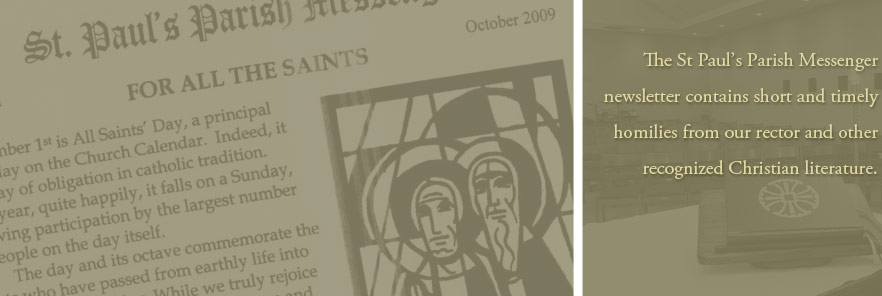January 6th is the Feast of the Epiphany, one of seven principal holy days on the Church calendar. Its season extends for six weeks or so (this year it’s eight) until Ash Wednesday.
The central story of the Epiphany, a Greek word meaning “manifestation,” is that concerning the Wise Men and how they were beckoned from the East by a great star marking the birth of Jesus. As the Gospel of Matthew records it (2.1-12), they came for two purposes: worship him and offer him gifts of gold, frankincense, and myrrh.
Having sensed that a new ruling force had come into the world, they brought to him gifts fit for a king.
Gold simply represented primarily material things, and inasmuch as the givers in this instance were astrologers, highly esteemed and rewarded intellectuals of their day, it may be supposed that the gift was substantial.
They also brought frankincense. Due to its rich fragrance, this points somehow to inner treasurers which these notable figures likewise presented to the one marked by the star.
Finally, they brought myrrh. Since such was used in embalming dead bodies, this very likely indicates a desire to lay before this new being all their grief and sorrow for what had gone wrong in their lives.
These were indeed gifts fit for a king, for these wise men were somehow persuaded that the star marked the coming into the world a king who could give a life fit to live.
The Epiphany poses a haunting – yea, spiritually tormenting – message for Christians in every time and place, right down to today. Do we truly worship him? Because we name ourselves after the Christ child, we may feel confident that we have indeed sought him, found him, and adore him sufficiently.
In as much as most members of the Church attend services from time to time, put something in the offering plate, and see to it that their children are baptized, educated in the faith, and confirmed, they may think that they have offered to him adequately. But have we? Have we really given Christ our myrrh, our sorrow, pain, and disappointment in life, believing that He is the one sent from God to “turn our sorrow into joy?”
Have we given Him our frankincense, our inner treasures of thought and influence, understanding that, as God amongst us, he is worthy of our deepest devotion?
Have we given Him and his Church sufficient of our gold, our material substance, believing that life is worthless unless dedicated to Him?
– JR Hiles
Adapted from a sermon on the Feast of the Epiphany, January 6, 1991

